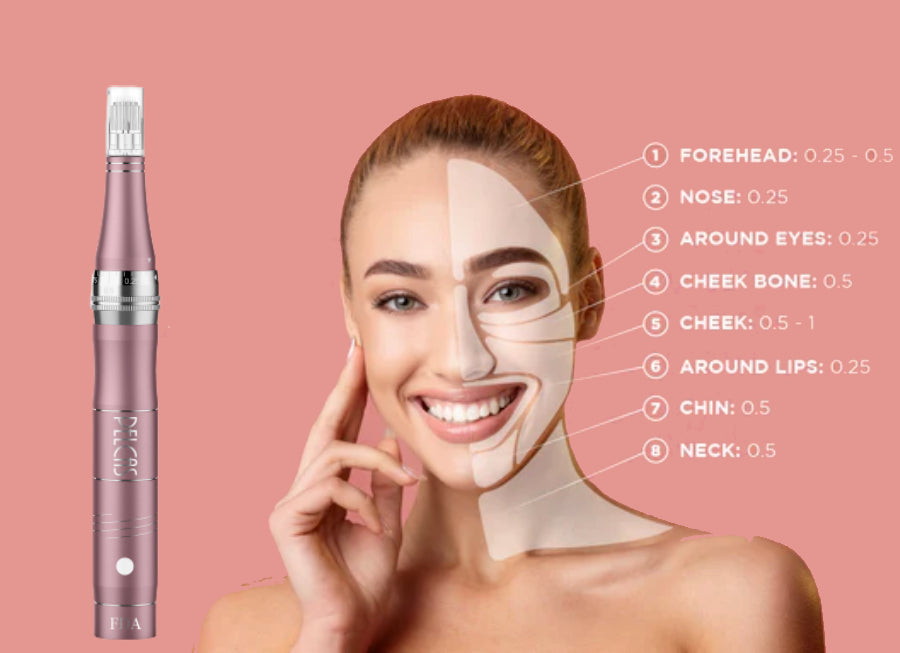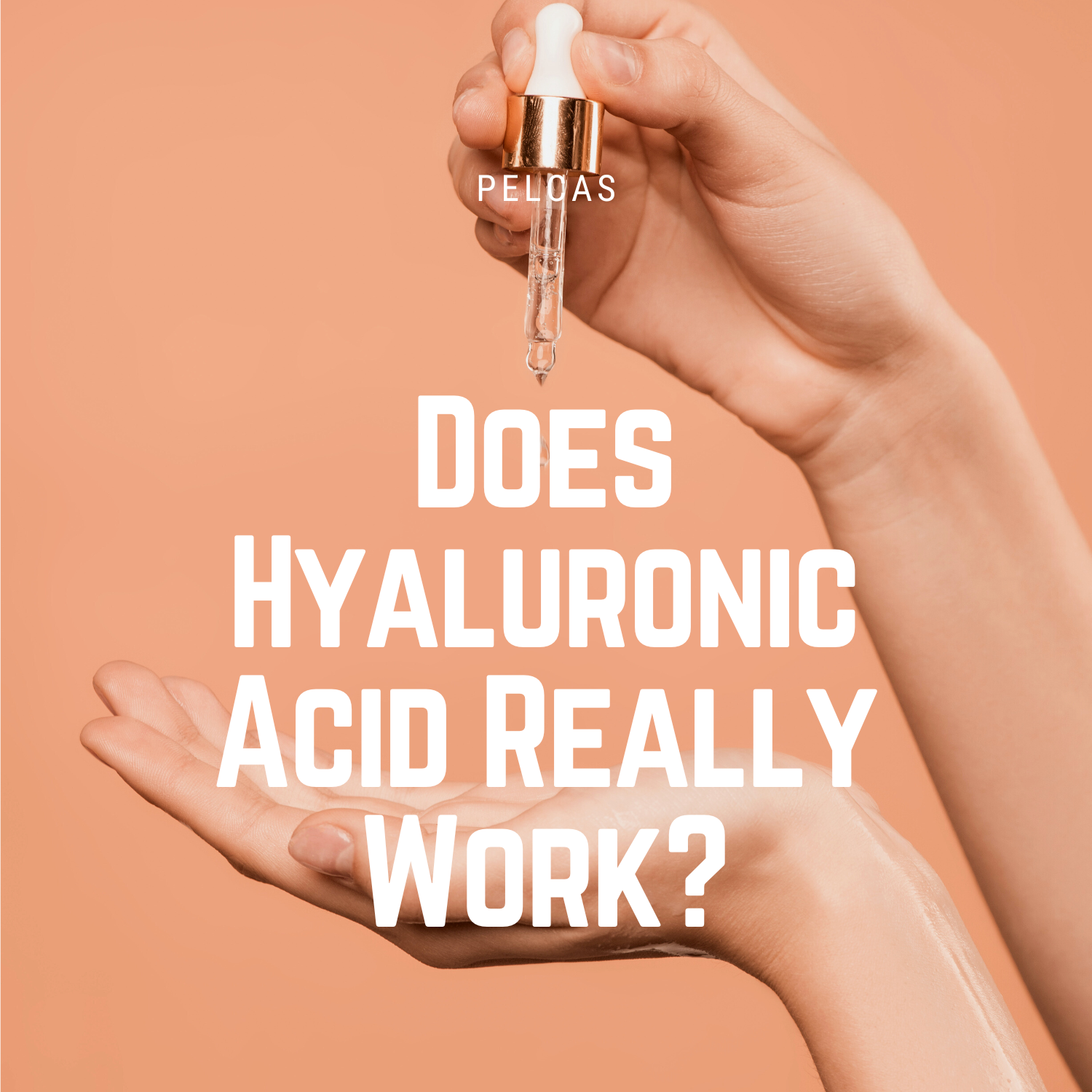Why Do You Have Comedones?

Have you ever looked closely in the mirror and noticed tiny bumps on your skin, particularly on your T-zone? These pesky little imperfections are known as comedones, and they can be frustrating to deal with. In this blog, we will delve into the reasons behind the formation of comedones and explore some effective strategies to prevent and manage them. Let's get started!
What are Comedones?
Comedones are small, flesh-colored or dark bumps that form when the hair follicles in our skin become clogged with excess sebum (oil), dead skin cells, and sometimes bacteria. They can be further classified into two types: whiteheads (closed comedones) and blackheads (open comedones). While they are not harmful, they can be unsightly and may lead to other skin issues if not properly addressed.
Excess Sebum Production
One of the primary reasons for comedone formation is excessive sebum production. This overproduction can be influenced by hormonal fluctuations, especially during puberty, menstrual cycles, and times of stress. When the sebaceous glands produce more oil than necessary, it can mix with dead skin cells and block the hair follicles, leading to the development of comedones.
Poor Skincare Habits
Inadequate skincare practices can also contribute to the appearance of comedones. Failing to cleanse your face regularly, not removing makeup thoroughly, or using skincare products that are not suitable for your skin type can all lead to clogged pores and the formation of comedones.
Diet and Lifestyle Factors
Believe it or not, what you eat and how you live can impact your skin's health. Consuming a diet high in refined sugars, processed foods, and unhealthy fats can promote inflammation in the body, potentially exacerbating skin issues like comedones. Additionally, lack of sleep, excessive stress, and smoking can also take a toll on your skin's overall condition.
Genetics and Hormones
Genetics play a significant role in determining how your skin behaves. If your parents or close family members have a history of comedones or other skin problems, you may be more predisposed to experiencing them as well. Moreover, hormonal imbalances can influence sebum production, making certain individuals more prone to comedone formation.
Prevention and Management
- Adopt a Consistent Skincare Routine: Cleanse your face twice daily with a gentle cleanser suitable for your skin type. Avoid harsh scrubbing, as it can irritate the skin and worsen comedones. In addition, choose suitable serum and skincare tool. Microneedling pen is a great tool. This tool can trigger your body’s natural healing process which treats your skin through production of collagen and elastin, which promotes healthy skin and keeps it soft and youthful-looking.
- Exfoliate Regularly: Incorporate exfoliation into your skincare routine to remove dead skin cells and prevent clogging of pores. However, be gentle to avoid causing any damage to your skin.
- Use Non-Comedogenic Products: Opt for skincare and makeup products labeled as non-comedogenic, as they are less likely to clog your pores.
- Watch Your Diet: Consume a balanced diet rich in fruits, vegetables, and whole grains while minimizing processed and sugary foods.
- Manage Stress: Practice stress-relief techniques such as meditation, yoga, or spending time in nature to help reduce the impact of stress on your skin.
Conclusion
Comedones may be a common skin issue, but with the right knowledge and skincare routine, you can effectively manage and prevent their occurrence. Remember that everyone's skin is unique, so it may take some trial and error to find the best approach for you. By adopting healthy lifestyle habits and being consistent with your skincare practices, you can achieve clearer, healthier-looking skin and say goodbye to those pesky comedones.





Comments